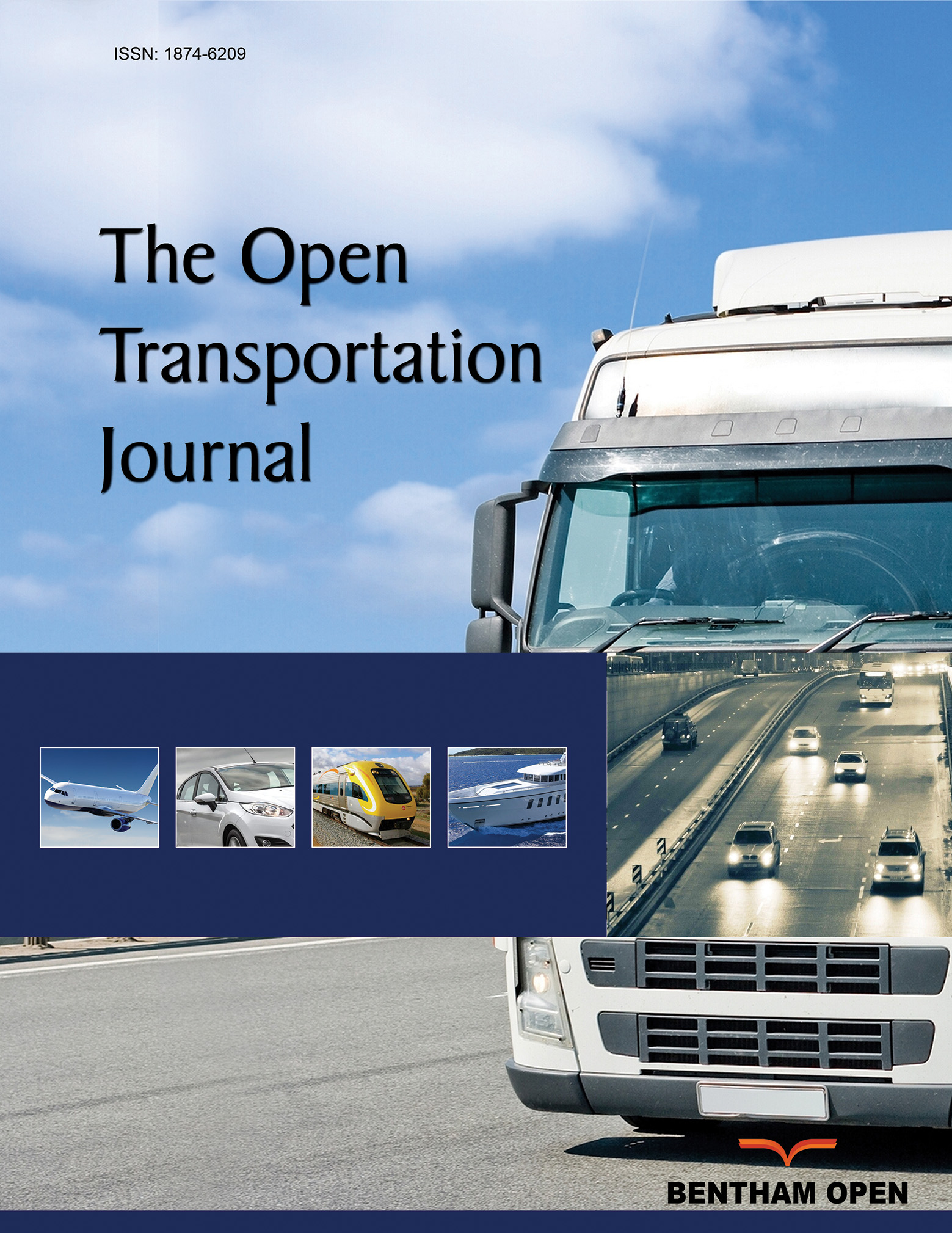All published articles of this journal are available on ScienceDirect.
Impact of Experience and Training on Traffic Knowledge of Young Drivers
Abstract
Background:
An acceptable level of knowledge of traffic rules is needed for any driver to drive on public roads. This knowledge is typically acquired at a younger age during the process of attaining a driver's license.
Aim:
The purpose of this study is to investigate the level of knowledge among young drivers and how it could be improved. The study also explores the relationships between driving experience and knowledge scores as well as between driving training and knowledge scores for young drivers.
Methods:
A questionnaire survey that covered questions related to traffic law, fines, demerit points, traffic signs, and different driving situations was conducted among young drivers to assess their knowledge level. In addition to the different demographic questions, the survey included questions related to their licensing-related training and driving experience.
Results:
The participants revealed an acceptable level of knowledge in general, measured in terms of the percentage of correct responses. The participants showed an above-average level of knowledge of traffic signs, an acceptable level of knowledge in questions related to handling different driving situations, but they lacked knowledge of questions related to fines and demerit points. Drivers who attended a driving course before obtaining their driver's license performed better than drivers who did not. Similarly, drivers with more driving experience performed better than drivers with less experience.
Conclusion:
In summary, the results suggest that providing driving courses and acquiring driving experience are relevant to the acquisition of driving knowledge for young drivers.


